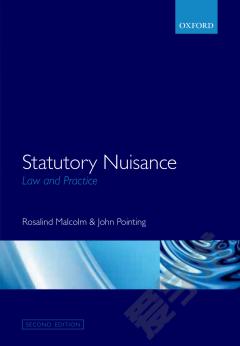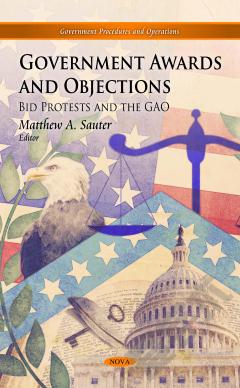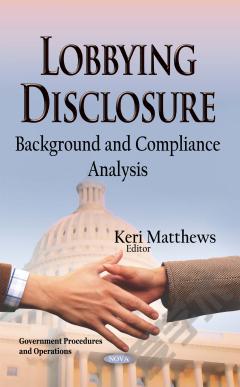Veils of Secrecy: Government Practices and Prohibited Disclosures
Openness is fundamental to representative government. The basic premise of transparency is that it increases the opportunity for responsive, responsible, and attributable decision making. Yet the congressional process is replete with activities and actions that are private and not observable by the public. Both secrecy and transparency suffuse the lawmaking process. The two are not "either/or" constructs; they overlap constantly during the various policymaking stages. This book outlines the historical and inherent tension between secrecy and transparency in the congressional process; reviews several common and recurring secrecy/transparency issues; and identifies lawmaking stages that typically include closed door proceedings.
{{comment.content}}








 京公网安备 11010802027623号
京公网安备 11010802027623号